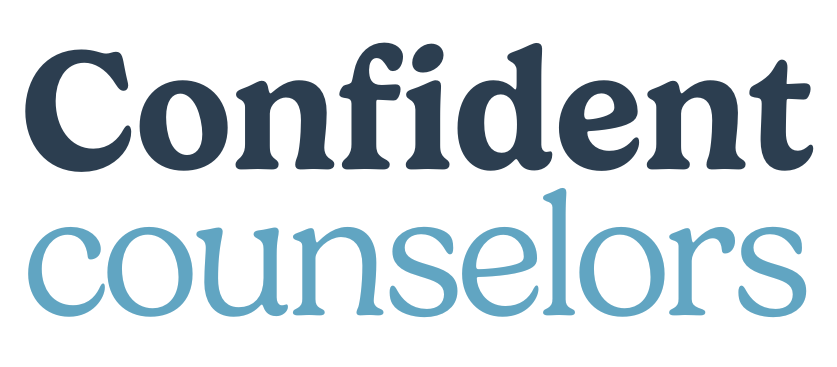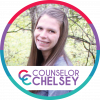Collaborating with specialists, such as speech and language pathologists, can help maximize student progress. When everyone working with a student is on the same page, you can reinforce and practice skills in different settings and with different people. Some schools have regular meetings, and some make it a point to stop by someone's office.
The key to collaborating with specialists in your building is communicating consistently.
Regular Check-Ins
Collaborating with other specialists in your building is so important. One of my favorite ways to do this is to check in with them at least once a week.
I usually like to talk briefly about the students on both of our caseloads. This way, I can get updates on their progress with the specialist, and the specialist can get updates on their progress with me.
Like the teachers, when the specialists know which specific skills you are working on with students, they can help you reinforce them. A weekly check-in also allows us to collaborate and brainstorm challenges with particular students. I have found this collaboration to be invaluable, especially when working with particularly challenging students.
Teamwork & Consistency
I am lucky to work with a fantastic group of specialists. While many of them are only in our building once or twice a week for a small portion of the day, we do check in with one another, and email is a great way to share info and ideas.
Our SLP has great ideas for helping me work with a student in our building who has selective mutism. If she knows that I lack them, she’ll share articles, links, and resources that will help.
Our mental health team meets weekly for about two hours. It’s a great check-in to see where referrals are, who can do a classroom observation, meet with a student, and generate ideas when working with students with intensive needs.
The best tip I can give anyone about working with specialists is to communicate regularly, whether you see the specialist or not. Set up an automated email that goes out once a week, once a month, or once a quarter as a check-in. It doesn’t have to say much, but a “how’s it going with our student?” can go a long way.









